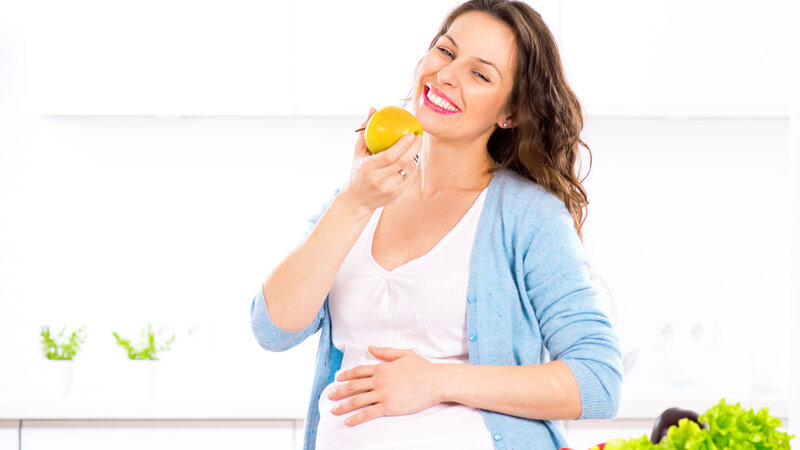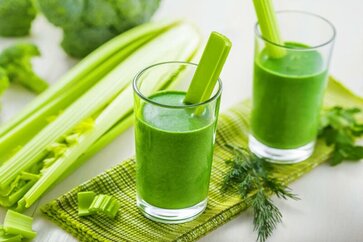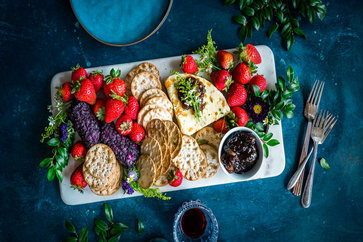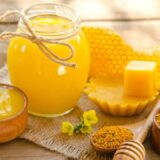List Of Foods To Avoid During Pregnancy
Pregnant women should not only follow a nutritious diet based on natural foods but should avoid certain foods that pose a risk to their health and that of the child.
The vast majority of foods that pregnant women should exclude from their diet are of animal origin, so if you are an omnivore, you may be very interested in knowing what these foods and vegetarian alternatives are.
A vegan diet based on whole natural foods, supplemented with vitamin B12 and the protocol supplements of folic acid and iodine that are prescribed to all pregnant women, is perfectly adequate.
Foods to avoid during early pregnancy list
The pregnancy diet must be healthy, balanced, and contain products from all food groups like milk and derivatives; Vegetables and greens; dried legumes and potatoes; fruits; meats; fish and eggs; cereals, pasta, and sugar.
However, there are some foods that should not be part of it, at least in large quantities, for the sake of the little one and your own.
Read More: Top 10 Foods That Improve Mood Happiness
1. Salt
During pregnancy, experts also recommend moderate salt consumption to avoid fluid retention. And it is that sodium facilitates fluid retention and causes an increase in blood volume that favors the state of hypertension and hinders the work of the heart.
In addition to reducing salt intake, you also have to avoid the intake of foods that contain it. Therefore, do not overdo it with the consumption of preserves and always read the labels of processed foods, since many additives contain sodium, such as monosodium glutamate, nitrate, citrate, or sodium sorbate.
For the same reason, we must limit the consumption of salty cheeses, fetus type or some goat cheeses, and the use of condiments rich in sodium, such as soy sauce, ketchup, or mustard. Also avoid salty snacks, such as potato chips or popcorn.
To replace the salt and make your meals have a more intense flavor, you can opt for aromatic herbs. Freeway to spices like oregano, thyme, or rosemary!
2. Caffeine
The caffeine is rapidly absorbed and reaches the placenta and fetus, which does not have the enzymes needed to metabolize it. It too much increases the risk of the baby being born underweight, increasing the chances of future health problems, including diabetes and heart disease. Too much caffeine can also cause a miscarriage.
In addition to coffee, caffeine is naturally found in other foods, such as tea (including green tea) and chocolate, and is added to some sodas and energy drinks. Be aware that some over-the-counter cold and flu symptoms can contain high doses of caffeine.
If you are used to drinking coffee, you can replace it with chamomile or peppermint infusions. The taste is very different, but the ritual and the heat can comfort you as much or more than a coffee.
3. Alcohol
Of course, pregnant women should not consume a drop of alcohol, which increases the risk of miscarriage and stillbirth. A very small dose can negatively affect the brain development and the health of the baby. Alcohol can lead to fetal alcohol syndrome, which leads to facial deformities, heart defects, and mental retardation.
Read More: Siddhasana – The Accomplished Pose Steps Technique & Benefits
4. Undercooked meat
Raw meat or undercooked is dangerous in pregnancy because of the potential risk of toxoplasmosis contracting an infection caused by a parasite found in meat and can cause mental retardation, blindness, and epilepsy in children.
It can also be found in unpasteurized goat’s milk, cat feces, or improperly treated water. All meat should be well cooked so that it does not bleed or show pink areas. And after cooking, all surfaces with which the meat has been in contact should be thoroughly cleaned.
Once again, vegan women are safe and can get the proteins they need from plant sources: legumes, soy derivatives like tofu, seitan, seeds, nuts, and grains.
2. Eggs
A pregnant woman cannot eat raw or lightly cooked eggs because they may be contaminated with salmonella. Although a salmonella infection is very unlikely to harm your baby, it can leave you very weak and dehydrated from diarrhea and vomiting that can last for days.
As in the case of cheeses, vegans do not have that risk. However, they can still enjoy omelets and other preparations with vegetable alternatives to eggs.
4. Liver pate
The liverwurst and other foods containing this body are too rich in retinol (vitamin A) for a pregnant. Too much vitamin A can harm the baby. The problem does not exist if you get vitamin A from vegetables rich in beta-carotene. This pigment that gives heat to carrots, apricots, or squash is transformed by the liver into vitamin A as the body needs it. Plant-based pates like chickpea hummus or lentil hummus are nutritious and safe.
Read More: Why Is It Hard To Lose Belly Fat?
5. Processed foods
The ready meals found in supermarkets can be very convenient, but they tend to contain few micronutrients and too many calories, salt, fat, and sugars. As pregnant women have increased micronutrient needs, it is especially important that they avoid high-calorie processed foods and prefer natural whole foods that are rich in micronutrients, such as vegetables, nuts, seeds, legumes, and fruits.
The sugars added to ready meals, industrial pastries or soft drinks multiply the risk of obesity and gestational diabetes, which can lead to complications in childbirth and increase the risk of the child being overweight.
6. Raw seafood
Some species of shellfish eaten raw can poison you with harmful bacteria and viruses. If you want to enjoy the taste of the sea, try seaweed ( a very small amount is enough).
7. Sprouts
There is a possibility that salmonella may develop in soybean, alfalfa, and other sprouts. Washing is not enough to guarantee their elimination, so pregnant women should not consume them raw. In general, during pregnancy, you should take special care when washing fruits and vegetables.
Vegetables to be avoided/consumed less in pregnancy
During pregnancy, it is desirable to pay attention to the choice of some vegetables. For example, it is best not to overdo it with turnips. Turnips contain an acid that negatively influences the synthesis of some fatty acids, which are essential for the formation of the child’s nervous and retina tissue. What else to keep in mind?
1.Tomatoes: Likewise, we must discard the consumption of green tomatoes, which are rich in a toxic substance that disappears with ripening and can cause gastrointestinal disorders. Consequently, preference should be given to ripe tomatoes, remembering that tomatoes can cause hives and that they should be consumed in a limited quantity.
Read More: Whey Protein: Types, Benefits & Side Effects
2.Green potatoes: Green potatoes should not be consumed either. And this food contains a substance responsible for the poisoning, with symptoms such as gastroenteritis and headache.
3.Spinach and chard: Spinach and Swiss chard contain a lot of nitrates. These are potentially harmful substances, both for adults and children. Its consumption should also be moderate.
The same thing happens with vegetables with fish and meat. If they are not washed carefully, they run the risk of spreading toxoplasmosis, with the consequent danger to the future mother and the fetus.
For this reason, it is essential to scrupulously wash fruit and vegetables, even with specific disinfectant products for this purpose.





















